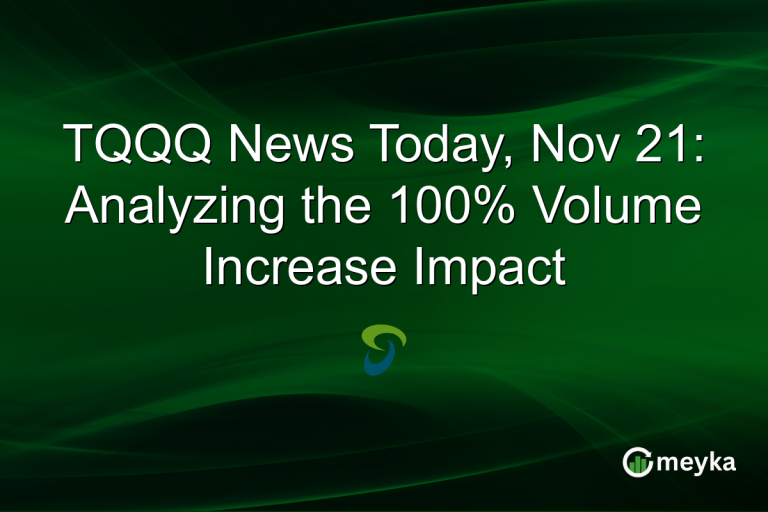Microsoft Expands Green Energy Push with 100 MW Solar Deal in Japan
Microsoft has signed a major renewable energy agreement in Japan, securing 100 megawatts (MW) of solar capacity from developer Shizen Energy. The deal covers output from four projects, one already online and three still under construction, and runs under long-term 20-year power purchase agreements.
This move deepens Microsoft’s clean-energy footprint in Asia and supports the company’s broader decarbonization roadmap for its cloud and datacenter operations.
Microsoft Signs 100 MW Solar Deal with Shizen Energy
Deal structure and project locations
The agreement with Shizen Energy covers four solar developments in Japan’s Kyushu and Chugoku regions. One plant is already operating, while the other three have reached financial close and are under construction. Microsoft will receive output under 20-year contracts, a model increasingly common among large cloud operators.
Why this deal matters for Microsoft’s operations
Securing locally generated renewable power helps Microsoft match its datacenter electricity needs with zero-carbon sources. Solar projects are comparatively quick to build and can be tied directly to regional demand, which is valuable as Microsoft expands compute capacity in Japan and across Asia. The company has contracted more than 1 GW of solar capacity this year alone.
Why did Microsoft pick Japan for this deal? Japan hosts growing cloud demand, offers financeable solar projects, and sits near Microsoft’s datacenter investments in the region.
Microsoft’s Global Clean Energy Strategy
How does this fit Microsoft’s sustainability goals
Microsoft’s 100/100/0 and carbon commitments underline the rationale for long-term PPAs. The company aims to increase renewable coverage and reduce net emissions as it scales Azure and AI compute. Long-term contracts like these provide price certainty and predictable carbon accounting benefits.
Other recent renewables deals by Microsoft
This Japan purchase joins a wave of transactions by Microsoft globally, with the company contracting over 1 GW of solar capacity since the start of the year. The approach combines on-site procurement, off-site PPAs, and strategic geographic diversification of supply.
Do these PPAs make Microsoft carbon neutral? PPAs are a major part of Microsoft’s plan to match electricity use with zero-carbon sources, but full carbon neutrality depends on broader actions across the value chain.
Microsoft and the Partnership with Shizen Energy
About Shizen Energy and project readiness
Shizen Energy has a track record of developing utility-scale renewables in Japan and overseas. The developer says the projects linked to Microsoft have reached financing close, reflecting confidence from domestic and international lenders. That financial close accelerates construction timelines and reduces delivery risk.
Local benefits and community ties
Beyond clean power, the projects create local jobs during construction and operations. Shizen has emphasized partnership with local stakeholders, which helps projects reach financial close and meet regional permitting and social expectations. The agreements, therefore, have both environmental and socio-economic impact locally.
Will Microsoft own the plants? Microsoft’s deal is a long-term purchase agreement; the plants are developed and financed by Shizen, with Microsoft buying the power output.
Microsoft’s Investment Context in Japan and Asia
Broader capital commitments and datacenter growth
Microsoft announced significant investment plans in Japan, including billions earmarked for capacity and infrastructure. The solar deal sits inside a wider strategy to secure reliable, low-carbon power near expanding cloud hubs. Localized renewable supply reduces transmission friction and aligns with regional energy policy.
Asia-Pacific PPA market and corporate demand
Offsite PPAs in Asia are growing fast, with the region seeing a surge in corporate PPAs. Microsoft’s deal is emblematic of this trend, highlighting how major cloud providers are locking long-term clean energy to backcompute needs and satisfy regulatory and customer sustainability expectations.
How big is 100 MW in practical terms? 100 MW from several projects provides meaningful daytime generation to offset datacenter consumption, especially when combined with storage, grid contracts, or regional balancing.
Industry Reaction and Expert Views on Microsoft’s Move
Analyst and sector responses
Industry observers say Microsoft’s deal is a practical step to ensure cheap, reliable, clean energy. Analysts note solar’s quick build time and favorable levelized costs make it a pragmatic choice for data center operators needing rapid capacity.
The contract structure, 20-year PPAs- also appeals to financiers seeking predictable cash flows.
What sustainability experts highlight
Experts emphasize that long-term PPAs support corporate climate targets while stimulating local renewable deployment. Shizen’s ability to reach financial close on multiple projects signals a maturing Japanese PPA market, attracting global tech buyers who require scale and timing certainty.
Does this shift market dynamics for renewables in Japan? Yes, large corporate PPAs catalyze project financing, and Microsoft’s participation can encourage more domestic renewables investment.
What Comes Next for Microsoft and Japan’s Energy Market
Execution and timeline priorities
With three projects under construction, the next 12 to 18 months will show how quickly output comes online. Timely completion matters: Microsoft needs a consistent regional supply as it scales AI and cloud compute in Asia. Close monitoring of construction milestones will indicate the deal’s real-world impact.
Broader implications for corporate decarbonization
Microsoft’s approach, pairing strategic geographies with long-duration PPAs, sets a model for other tech firms. It shows how corporate buyers can accelerate renewable deployment while securing predictable energy for latency-sensitive compute loads. The move could also deepen Japan’s green finance market.
How will local communities benefit? Through construction jobs, operational roles, and local procurement, while also gaining cleaner local electricity supplies.
Conclusion
Microsoft’s 100 MW solar agreements with Shizen Energy are a notable step in the company’s global clean-energy push. The multi-project, 20-year contracts bolster Microsoft’s ability to match datacenter demand with zero-carbon generation, support Japan’s renewables finance market, and create local economic benefits.
As Azure and AI compute expand across Asia, deals like this will be a key lever for corporate decarbonization and stable, long-term energy planning. Observers will watch project completion, grid integration, and how these contracts fit into Microsoft’s wider sustainability roadmap.
FAQ’S
Microsoft aims to power its growing datacenter operations in Asia with clean energy and meet its 100/100/0 sustainability goal by 2030. Japan’s solar potential and strong renewable policies made it an ideal choice.
The deal covers 100 megawatts of solar capacity from four projects developed by Shizen Energy, one of which is already operational.
The agreement ensures long-term renewable power for Microsoft’s cloud datacenters, helps lower carbon emissions, and stabilizes energy costs through 20-year PPAs.
Microsoft has partnered with Japan-based Shizen Energy, a major renewable energy developer known for financing and operating utility-scale solar plants.
This project aligns with Microsoft’s target to achieve carbon negativity by 2030 and use 100% renewable energy for all operations by 2025, reinforcing its leadership in corporate sustainability.
Disclaimer
This is for information only, not financial advice. Always do your research.






